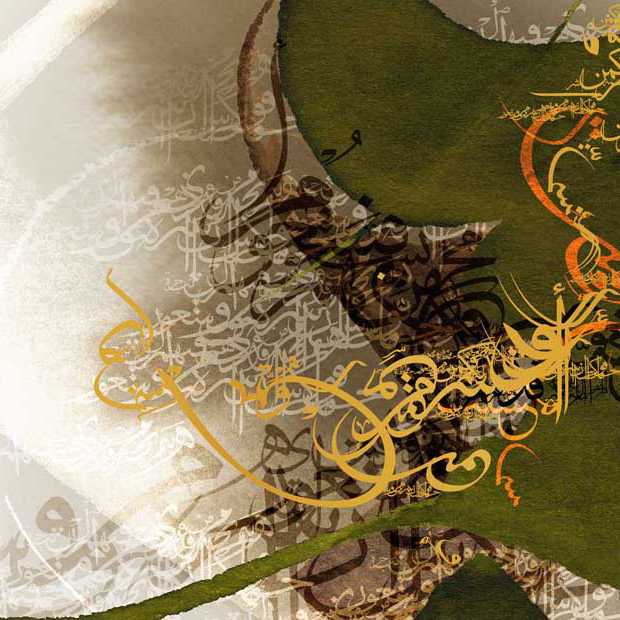FWP:
SETS == I AND; MAGAR
WRITING: {7,3}
MAGAR verses: {3,1}**; {3,13x};
{15,10}**; {27,2};
{35,7}**, discussion; {36,1};
{41,8}; {58,10}; {62,3};
{88,5x}; {114,2}, only 'perhaps'; {143,8x}; {159,1}*; {161,10};
{163,4}*; {180,5}*;
{183,3}, only 'perhaps'; {201,6}; {204,8};
{205,2}*; {214,3};
{219,5}; {217,9x} // {320x,6}; {413x,6}; {414x,3}; {427x,6}; {428x,6}; {438x,6}
The first line is perfectly, delightfully, ruefully, colloquial: 'I know, I know-- to expect you to answer a letter!' The absurdity of such a hope is so patent that the speaker doesn't even need to spell it out in detail. (And even if the beloved does reply, as in {97,4}, the situation is not much better.) This colloquial 'you-- and' is a variant of Ghalib's more frequent 'I-- and' structure.
So what is it that keeps the lover writing? What kind of a morbid relish or taste does he have? And does he really have such a relish or taste at all? The piquant double sense of magar , as 'but' and also 'perhaps', keeps the question enjoyably open.
The more obvious reading is, he has a relish so intense that it wears away his pen (or, that causes him to have a worn-away pen) (2a). His passion for the addressee-- the intimate tū is used in the first line-- is such that it holds him in an irresistible grip and forces him into thoroughly irrational behavior.
Or, the versatility of the iẓāfat construction being what it is, the lover's morbid relish may
be for wearing away the pen (2b). Just as he has abraded his heart
into nothingness, just as his nerves are long gone-- so should his pen too be
worn away; there's a kind of elegant symmetry to it. He's no longer thinking
about the beloved at all, he's now fixated on the pen itself, and the sheer
mechanics of wearing it away; as it gets more and more worn, he contemplates
it with increased relish. After all, what could better evoke the state of
his heart than a worn-out pen that has used itself up in writing ten thousand
letters, all of them to her-- to her who will never answer a single one.

Nazm:
That is, you, and to write an answer! It's impossible. It's like kahāñ tū aur kahāñ pāsuḳh-e maktūb . The word kahāñ is omitted. (28)
== Nazm page 28